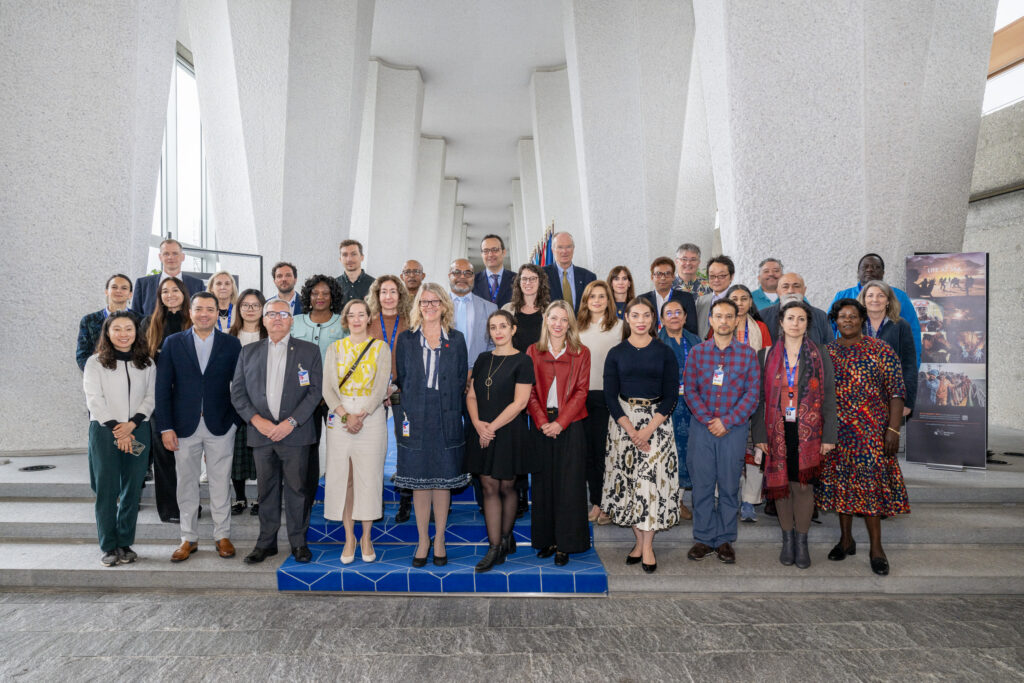4 June, 2025After years of union advocacy and an intense week of negotiations held from 5-9 May, in Geneva, the ILO published the policy guidelines for the promotion of decent work in recycling. The document, adopted by representatives of governments, employers and trade unions, will be submitted for consideration to the ILO Governing Body at its 355th session in November 2025.
This achievement marks a milestone for millions of workers around the world who play key roles in waste recycling across sectors such as shipbreaking, electronics, ICT, textiles, chemicals and plastics, among others represented by IndustriALL Global Union. These sectors are represented by trade unions that actively participated in the negotiation, defending the interests of workers in both the formal and informal economies.
The new guidelines recognize recycling as an essential economic and ecological activity and a cornerstone of the circular economy. But they also stress that the sector is not automatically fair or safe. For this reason, the document provides clear recommendations for governments, employers and unions to ensure productive employment, labour rights, social protection and social dialogue across all recycling activities.
Some of the most important highlights include:
- Formalization of recycling work, especially for the millions of people working under precarious and informal conditions
- strengthening occupational health and safety, with particular attention to high-risk sectors such as shipbreaking and the handling of electronic or chemical waste
- skills development and lifelong learning, especially to prepare workers for digitalization and technological shifts in recycling processes
- respect for fundamental labour rights, including freedom of association and collective bargaining, as central pillars of a fair and sustainable recycling system
- the key role of cooperatives and the social and solidarity economy as alternatives to improve working conditions and increase the representation of marginalized workers
IndustriALL assistant general secretary, Kan Matsuzaki, said:
“These guidelines are a powerful tool to transform recycling into a driver of decent work. Our goal is clear: to ensure that workers use these guidelines to organize more members and to be sure that they have a safe environment to work where no one is left behind in the transition to a circular economy.”
While the guidelines are not legally binding, they serve as an essential reference for designing legislation, public policy, sectoral strategies and frameworks for social dialogue at all levels. They represent a major step forward in placing social justice at the center of the circular economy.
IndustriALL will work to ensure that these recommendations are translated into concrete actions in each country and implemented with the active participation of trade unions.
Photos: © Alioune Ndiaye / ILO


